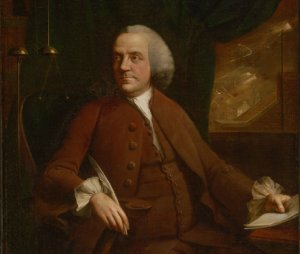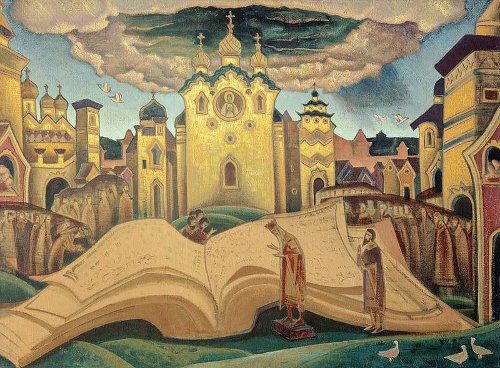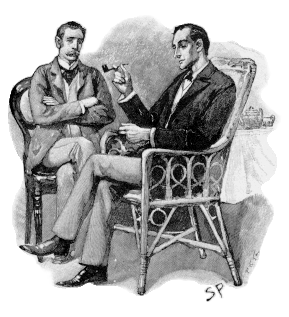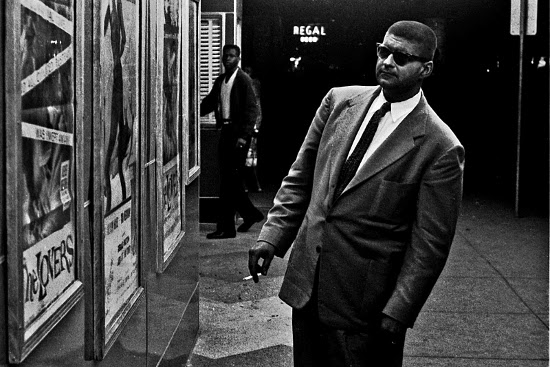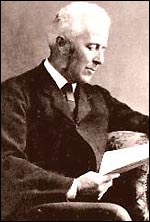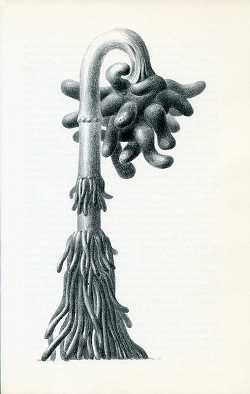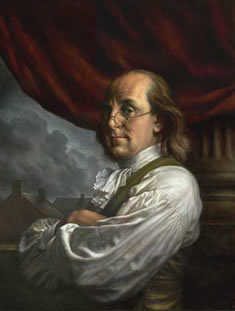Library patrons are always asking for books with “romantic” episodes, so in 1964 librarian Robert George Reisner finally gave them what they wanted. Show Me the Good Parts: The Reader’s Guide to Sex in Literature catalogs the racy parts of hundreds of books, giving precise page numbers and summarizing each scene:
RICE, ELMER. Imperial City.
New York, Coward-McCann, 1937. 554 pp.
pp. 71-75:
Holding hands in the movies, a few drinks in his apartment, some small talk about books, and then down to business.
He gets as far upscale as For Whom the Bell Tolls (“History has proved that the good guys do not always win, but we still have the sweet memory of Loyalist fighters, Maria and the American Robert Jordan, making love in a sleeping bag”) and as far down as John B. Thompson’s 1953 novel Sandy (“Sandy finds her true love as they are lashed by bolts of ecstasy, fires that consume them, surges of blinding passion, and other hack literary physiological descriptions”). The entries are arranged in categories ranging from “Normal Heterosexual Intercourse” to “Mixoscopic Zoophilia,” and Reisner includes a section on “Unwarranted Reputations” — he just can’t find anything scandalous in The Decameron, Moll Flanders, The Art of Love, or The Satyricon.
Unfortunately he focuses mostly on popular novels of the 1950s, and no one seems to have carried on the work. But perhaps it’s not too late. “I have examined 2,000 books and kept a list of the tomes that produced nothing,” he writes. “This list I have given to my publisher so that anyone who wishes to go on with this research may not have to go over the same ground.”
(Thanks, Keith.)

